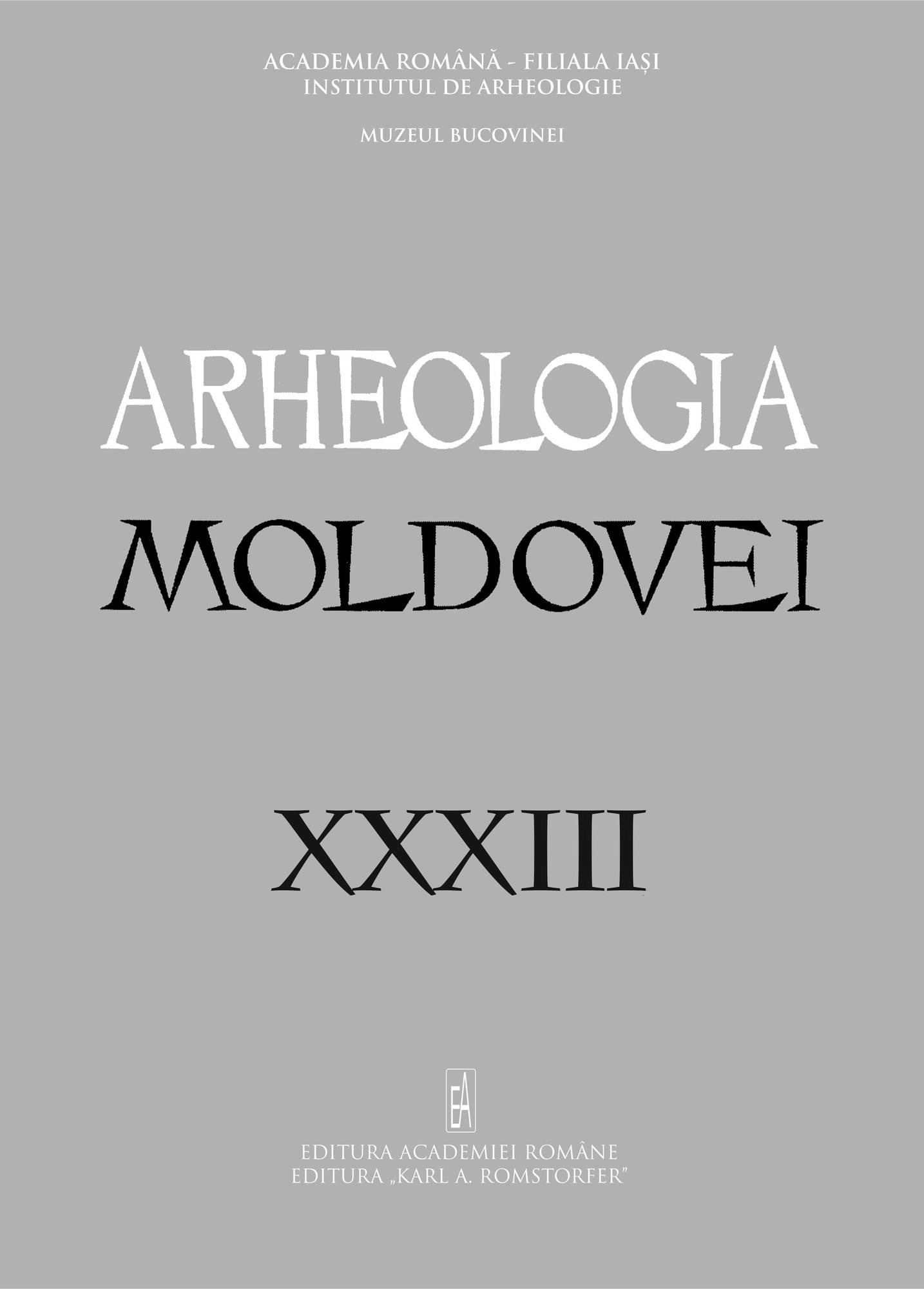
We kindly inform you that, as long as the subject affiliation of our 300.000+ articles is in progress, you might get unsufficient or no results on your third level or second level search. In this case, please broaden your search criteria.

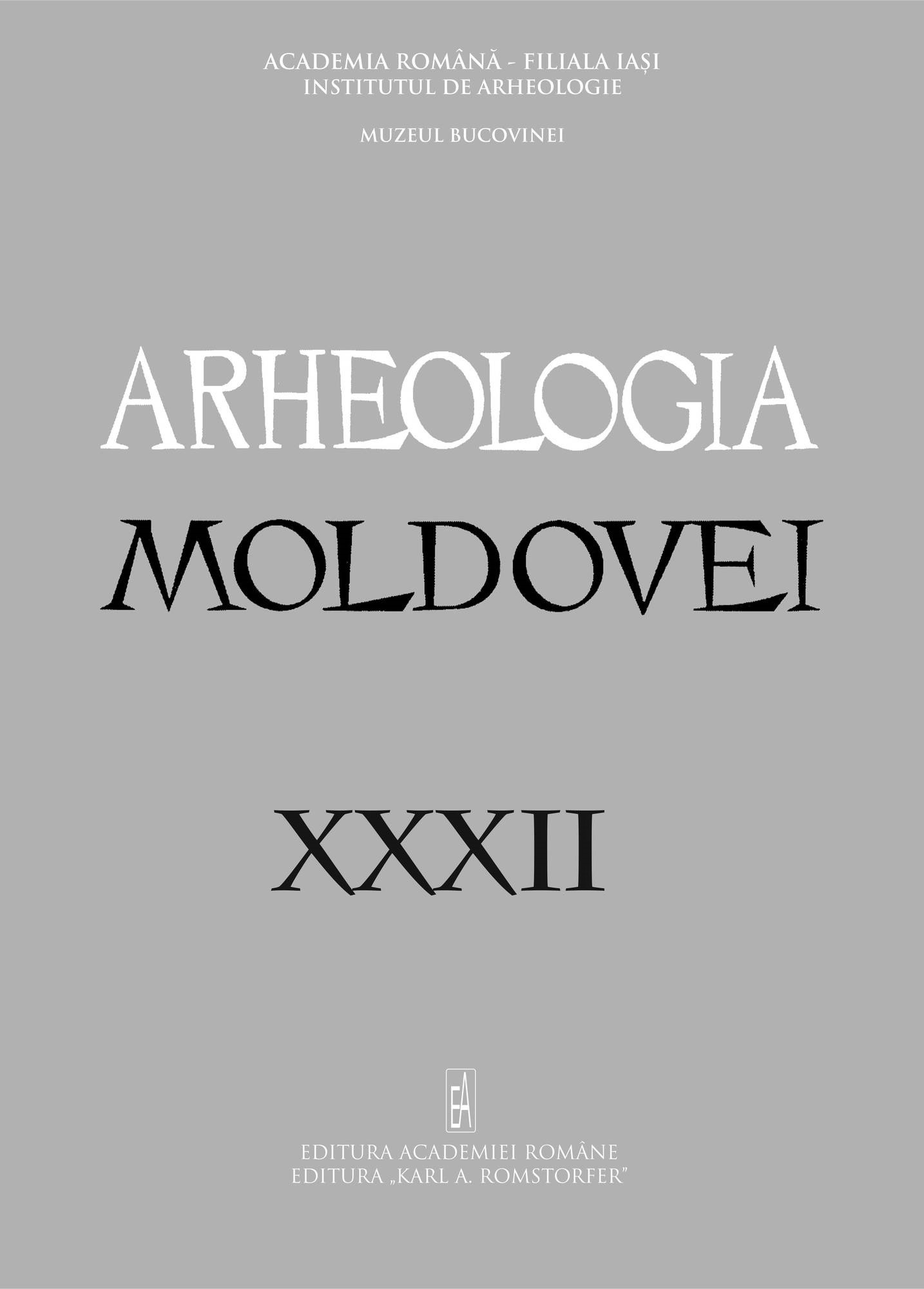
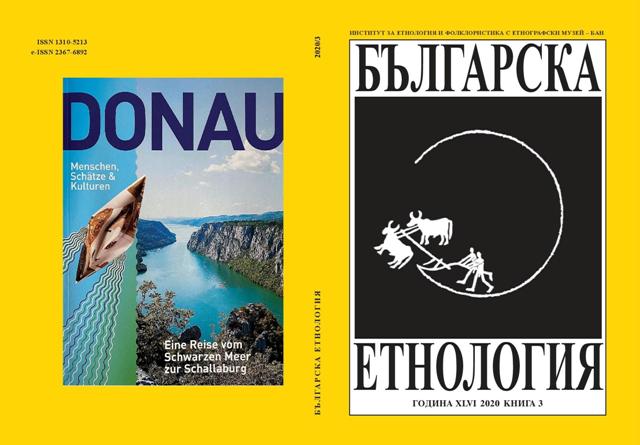

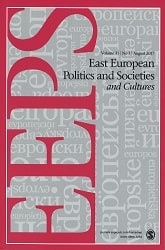
The review of: Charles Ingrao and Thomas A. Emmert, eds., Confronting the Yugoslav Controversies: A Scholars’ Initiative. West Lafayette, IN: Purdue University Press.
More...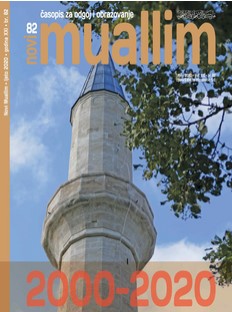
Keeping in mind the professional orientation and the focus of Novi Muallim, the author in this article analyses the texts dealing with the history of Islamic culture and civilisation in Bosnia and Herzegovina published on the pages of this magazine in the past twenty years. He also discusses here the significance of these texts for the Islamic education and upbringing of Bosniaks. This analysis includes 47 articles which deal with religious, educational and cultural institutions of Muslims in Bosnia and Herzegovina. In order to have more clear view, the article deals with following topics separately: mosques, tekkes and hanikahs, wqfs and Muslim educational institutions: maktabs, madrasa, Daru-l-mullimin i Mektebi-nuvvab. After critical analyses of these texts the author also offers some directions for further studies and research work to any future contributors of Novi Muallim.
More...
One of the topics which take a significant place in the great number of articles published in Novi Muallim is genocide along with a large number of research works related to numerous crimes committed against Bosniaks in the latest aggression on this country. A certain number of authors thematized on this issue more or less successfully. These facts show the orientation of the editorial board of Novi Muallim and their determination to deal with this, for Bosniaks, greatest and most challenging trauma. It also demonstrates their ambition to give this topic a scientific, rational format and approach. The authors have approached this issue from variety of different aspects: historical, theological, legal and also some with a prospect of establishing a culture of remembering which in itself gives an additional qualitative aspect to these articles.
More...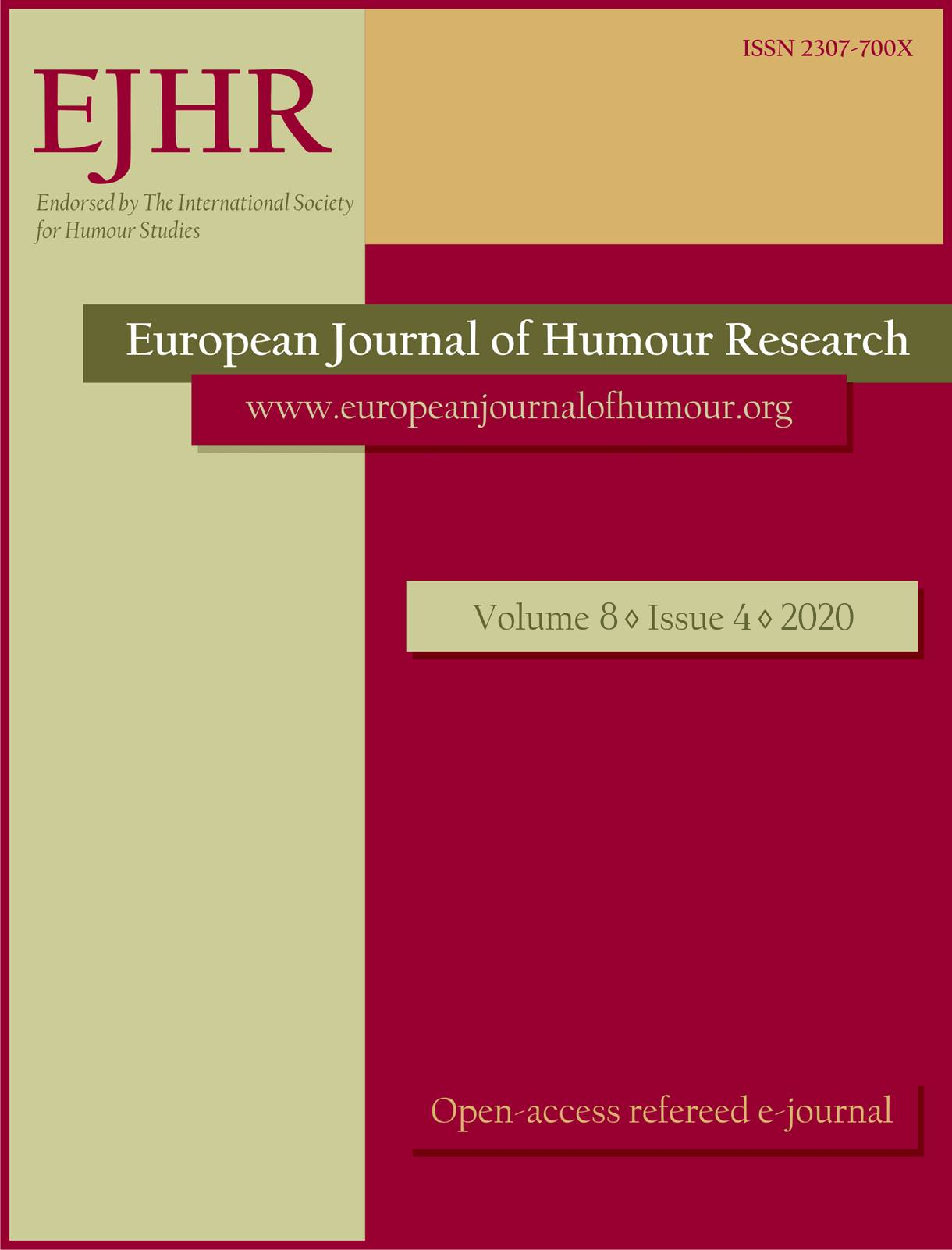


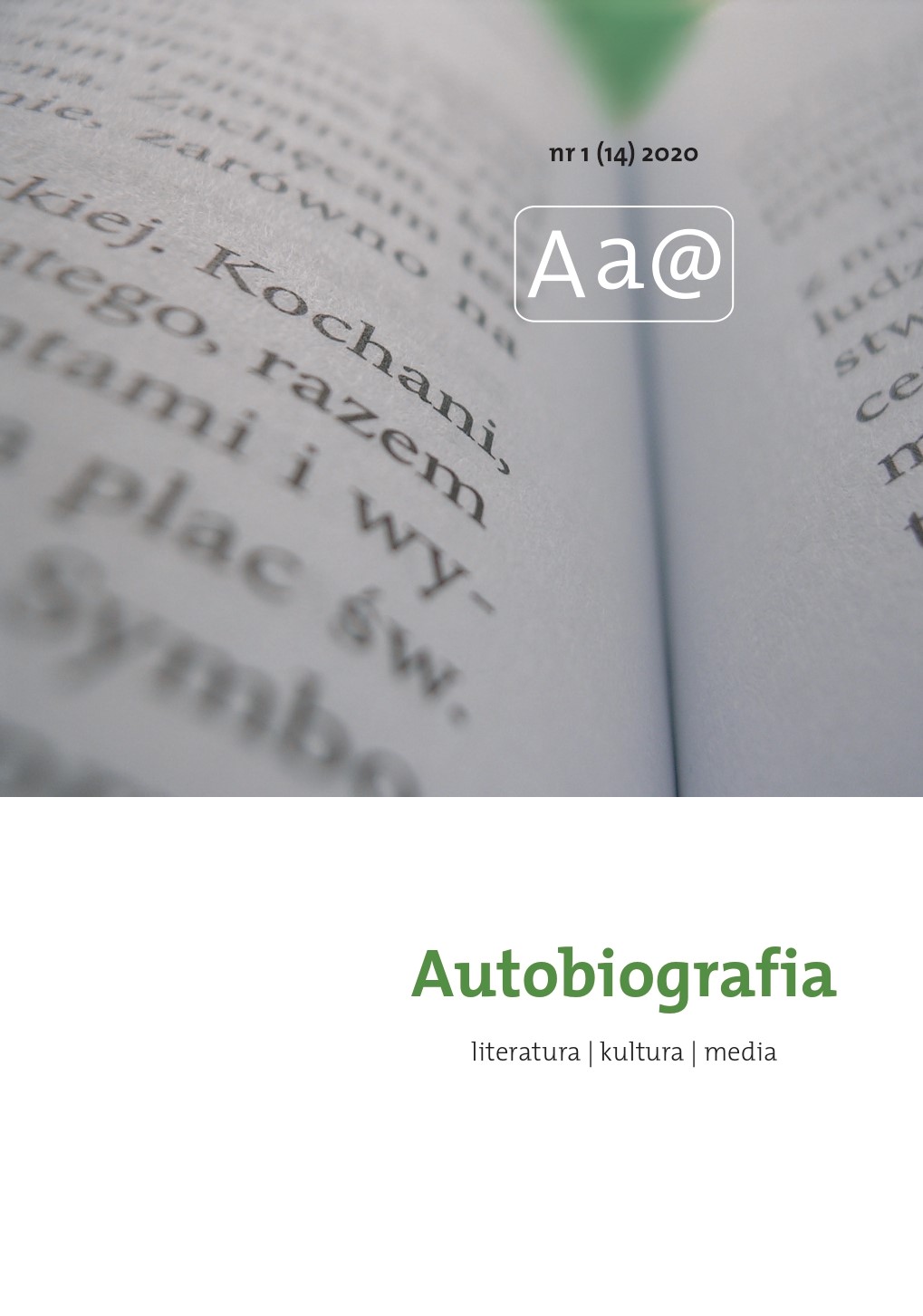
The article is a record of an interview with the Holocaust survivor, Aviva Blum-Wachs, and reveals the tension between biography, memory, concealment and oblivion. The interview is preceded by the theoretical introduction, where authoresses introduce main categories from the field of memory and gender studies. An important element of the article is an outline of contexts and deep focus on both interlocutors’ and her mother’s biography.
More...
Book Review on Ghențulescu, R. (2019). Etică academică. București: Conspress.
More...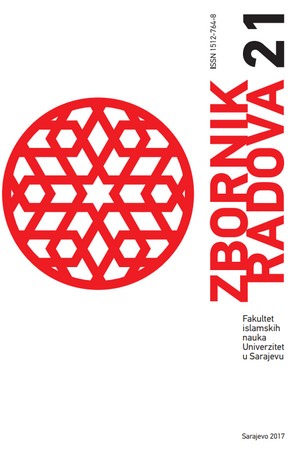
This essay addresses the main theses in the book Myth and Reality in Contemporary Islamist Thought by the Egyptian philosopher Fuʼād Zakariyyāʼ (1927-2010). A follower of a critical school of thought, Zakariyyāʼ examines the impact of modern governmental and ideological (ab)uses of Islam, sharīʻa, and state adoption of sharīʻa. In his view, faith in God is primarily a moral vocation, so that sharīʻa and the body of sharīʻa law that later developed from the sources of Islam comprise a set of moral and ethical rules for individuals to follow, but without state sanction. He argues that Muslims should rely on contemporary developments, the product of intellect and reason, in organizing their governments and societies. Zakariyyāʼ advocates reading the major source texts of Islam in a dialectical relationship with the conditions of life in which human societies actually subsist.
More...
The twentieth century, during which occurred at least two “Nights of Islam” (the fall of the Ottoman Empire and the Caliphate in 1924, and the establishment of the Zionist state on the ground of Plaestine 1948), has brought a new reading / understanding of the Qur'an, which is now, along with a number of other “nights” in the Muslim world, focused on one of its layers that deals with the improvement, renewal (ar. Islah) of Muslim societies and states. After having been pretty much neglected for centuries, social (al-ijtima'iyy), but later also political (siyasi) tafsir was experiencing its revival in the mid 20th century, a still ongoing trend. A kind of foundation stone to this tafsir (Qur'anic commentary) in modern times was laid by Sayyid Qutb (1906th – 1966th), an Egyptian writer, literary critic, reformer and mufassir (interpreter of the Qur'an), and his work Al- Adala al-Ijtima'iyya fi'l-Islam (Social Justice in Islam) has not only revealed the Quranic layers that concern society and organization of the state to the humiliated Muslim population, but also encouraged a new paradigm in understanding the Qur'an. “Qutb's Social Justice is undoubtedly a major work that has affected the generations of Arab-Muslim intelligentsia in the period after the World War II” (Ibrahim M. Abu-Rabi '). The main principes of Islamic justice, according to Qutb, are: 1) the absolute freedom of conscience, 2) the complete equality of all people, 3) the permanent mutual solidarity of all members of society.
More...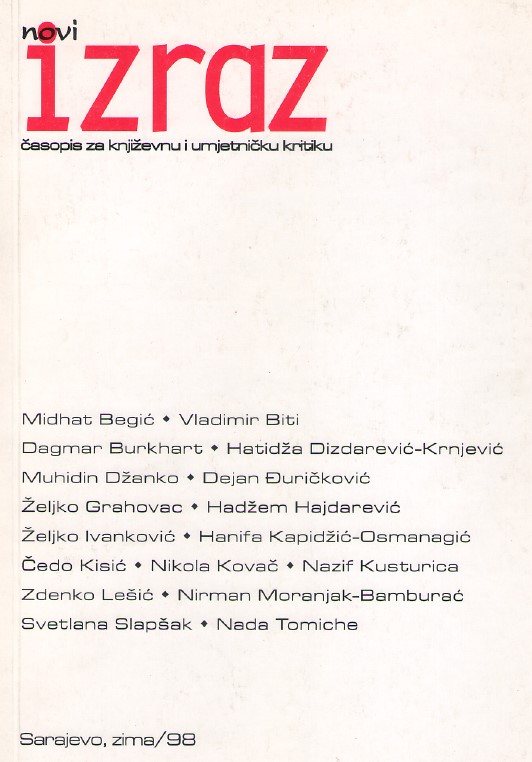
Proteklih godina ova je pripovetka izišla na zao glas, ne toliko ona, koliko njen segment "pismo", ne toliko "pismo", koliko jedna kratka rečenica. Na rubu pameti, u fantastičnom procesu redukcije i snižavanja, pripovetka je postala "Andrićevo pismo", amanet u četiri reči, jedina BeHa signatura, vazdašnja metafora: "Bosna je zemlja mržnje". U tom poslu izvođači su bili i akademske tribine i sokaci i krčme balkanske; i mucanje neukih i reči školovanih propovednika mržnje nosio je isti talas. Literatura je sišla ravno u život, u "istorijski trenutak", da odigra spasonosnu ulogu inverzivno podmetnutog uzroka bez presedana - samo da se ne bi videlo ono što je na (ne)delu.
More...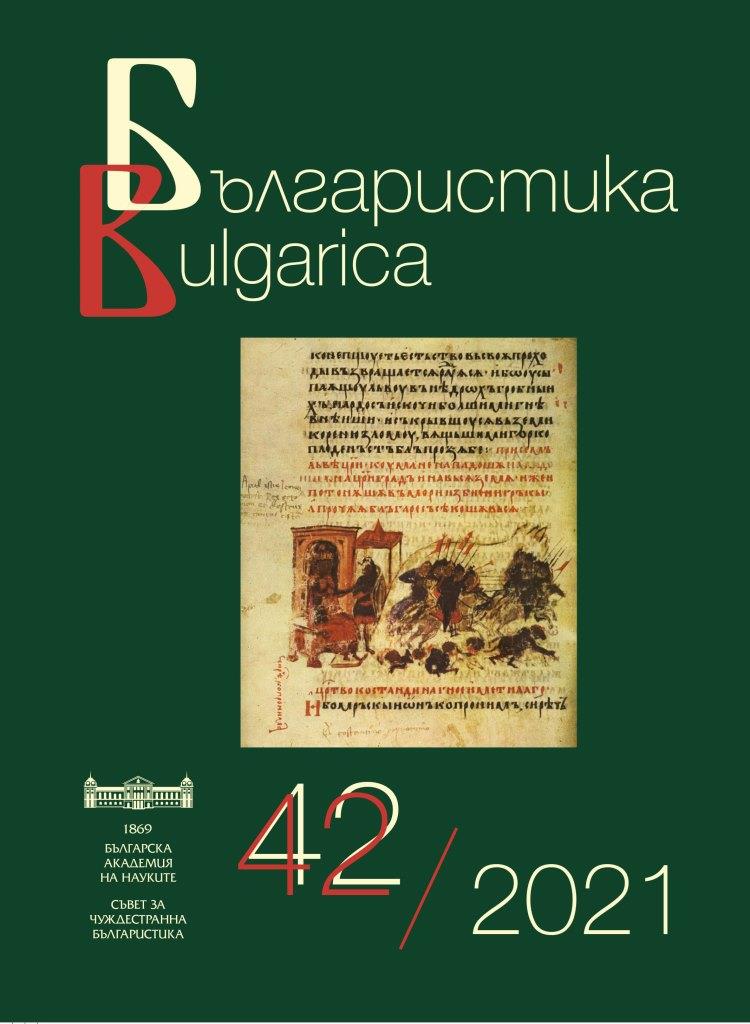
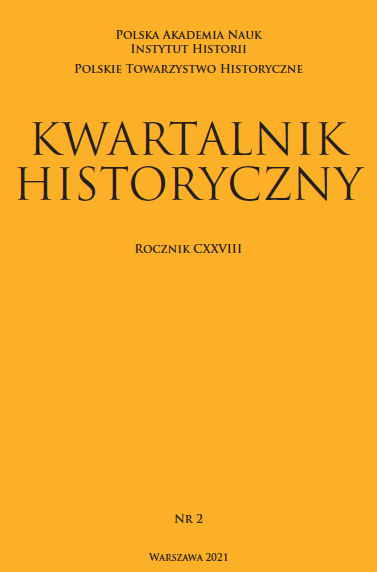
The article presents the latest biography of the German court Jew Berend Lehmann. A critical analysis of the publication made it possible to formulate a proposal to look at the biography of the main protagonist in a network perspective.
More...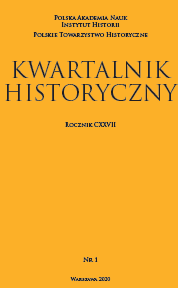
The book Kresowy kalejdoskop (Kaleidoscopic Borderlands) by Włodzimierz Mędrzecki deals with social processes, and national and ethnic changes in the eastern territories of the Second Polish Republic as well as the state policy towards them. In his assessment of this policy, the author managed to avoid national bias as well as teleology and presentism. Mędrzecki did not refer to the model of colonialism in the interpretation of Polish rule in the Eastern Borderlands throughout the interwar period. His book, however, offers material for reflection on the relevance of this model to the history of Poland’s relations with its eastern neighbours.
More...